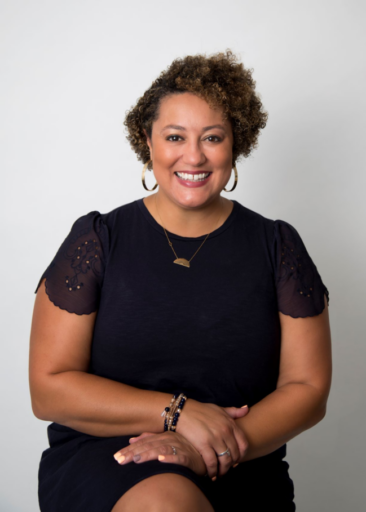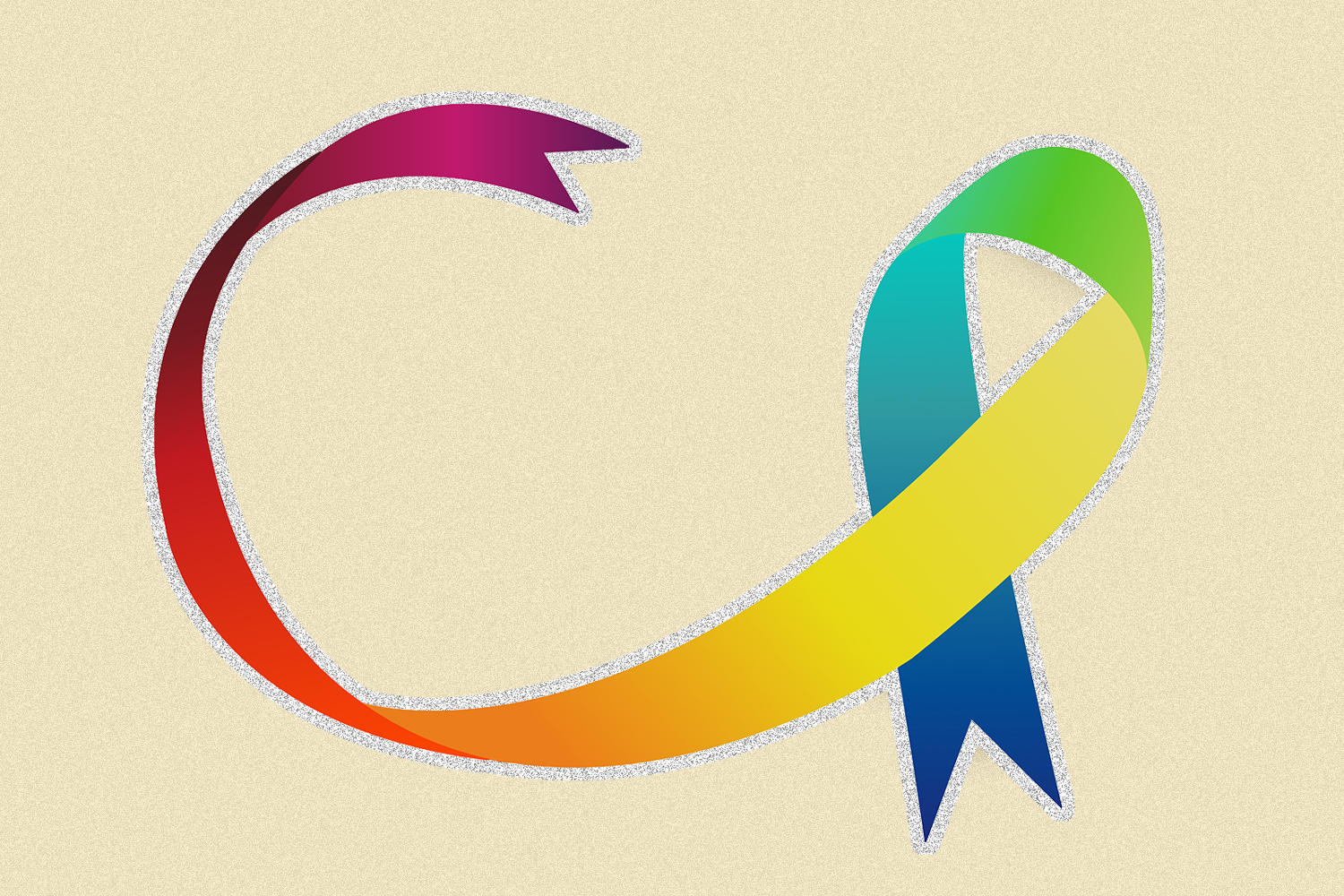Amy Hull has experience leading an inclusive team. After working for seven years as a teacher and educational administrator, she stepped up to the plate as Paycor’s first director and head of Diversity, Equity and Inclusion. Just one year later, the organization earned the 2021 Top Workplace DE&I Practices Award.
Hull shares her experience diversifying hiring, retention, and leadership roles at Paycor. Read on for edited excerpts from our exclusive interview.
Senior Executive DEI Think Tank is a criteria-based membership community for chief diversity officers and senior-level DEI leaders at large organizations to share difference-making tactics, trade valuable resources, and seek the counsel of experienced peers in a private, confidential setting.
Do you qualify?Senior Executive Media: Can you share your experience diversifying leadership at your company? Where do you start?
Amy Hull: Many public and private companies in the country are facing what has been a systemic issue across the board in corporate executive leadership, which is low numbers of people of color, low numbers of people from the LGBTQ+ population, lower numbers of women — essentially, marginalized communities are in lower numbers at the top level.
[McKinsey’s] Women in the Workplace report in 2021 actually has an amazing graphic that shows a comparison [between] white men and women, and then women and men of color. All of the pipelines are already narrow and decrease as you move up the ladder. The only one that didn’t was white males.
So from that perspective, I would say Paycor is no different than many of the other corporate entities that are growing quickly [and] are battling the former way of doing things. Most companies build their talent acquisition off of talent referrals, which works because you have quality people working in your company. That’s a very easy and fast way to get people in seats, especially for a growing company. But what sometimes that doesn’t account for is diversifying your circle. So in order to diversify your leadership using referrals, each individual employee has to diversify their own circle, which takes a lot of work and time and is a little bit more difficult to do. So one of the things that we have decided to do as a company is focus on diversifying at particular levels to start.
“Whatever the plan is, for any company, it has to be authentic. There has to be transparency.”
Senior Executive Media: How do you approach the hiring process with diversity in mind?
Amy Hull: The first thing people want to do is hire more people. They’re like, ‘We need to diversify. Go hire people that look different than what we already have.’ While that may sound like an easy solution, you may end up with what I call the golden-ticket rotating door, if you don’t already have a foundation and haven’t ingrained in people the why, the purpose, the reasoning, and the support for the people when they get there. Otherwise, they’re going to show up [and] know everybody was lying. And they’re gonna leave. Whatever the plan is, for any company, it has to be authentic. There has to be transparency.
Senior Executive Media: How have you initiated a process to support diversity for current employees? Can you share an example of how your company has progressed?
Amy Hull: We participated in the McKinsey Black leadership program to help support the increase of promotions and retention of our current employees… The last thing we want is to go out and find people, and then the people we have go, because that doesn’t really change much. We have started Director+ Support Collective Meetings for POCs and women in leadership. Once a quarter for people of color and women, which are two of our targeted populations, we are floating this support collective gathering. Of course it’s virtual because we’re a virtual first company. Essentially, they show up and just network and talk. We are there for each other, and then they leave with something.
For example, at the last gathering that we had for the women, they each received a subscription box for women’s wellness. Then we just had conversation. What has occurred over the last 18 months of not being together is that people in other parts of the organization no longer talk to each other because you’re only setting up meetings with people in your part of the organization — unless you have something you need from Finance or something you need from Legal. So this allows leadership within those populations to talk and get to know one another in a supportive way. There was a lot of positive feedback around that.
Senior Executive Media: How do you measure DEI on your team?
Amy Hull: We have counted our LGBTQ+ population by allowing them to self-identify. Last year, we started doing a DE&I survey through a third-party. We’re allowed to customize the questions. So…like the importance of counting your population with the U.S. Census, we felt it very important for the members of our LGBTQ+ community to be counted. This year, we’re going to do the same survey, but we’re also going to include questions like: How many parents or caregivers exist in the company? How many active or reserved or veteran military do we have in the company?… Those are two groups that often are not identified. And in this post COVID era, those are two groups of people that are in need of support.
Senior Executive Media: How are you able to get people to voluntarily provide this information?
Amy Hull: One of the things that I have been trying to do is create a culture of psychological safety inside Paycor so that everyone knows, no matter how you identify, you’re welcome here and can be your true self. So when we did the survey…it goes to a third-party company. We develop the questions, and they deliver it, they put the survey out, so we don’t even have access to the link. We don’t have access to anything except the results.
So what was really incredible, the first time we did the survey, we got an 82% response rate and a decent amount of our population self-identified as a member of the LGBTQ+ population. I think the reason they felt comfortable with it was because their names weren’t attached to it. It’s not inside of our own information systems where we can go back in and say, ‘Oh, who is that?’ There’s no way to determine if it’s anonymous, which makes people feel safe to answer questions honestly. Now, it doesn’t mean everyone did. They’ll have some people who declined to identify. But as we develop more and more, it makes people feel more comfortable.




